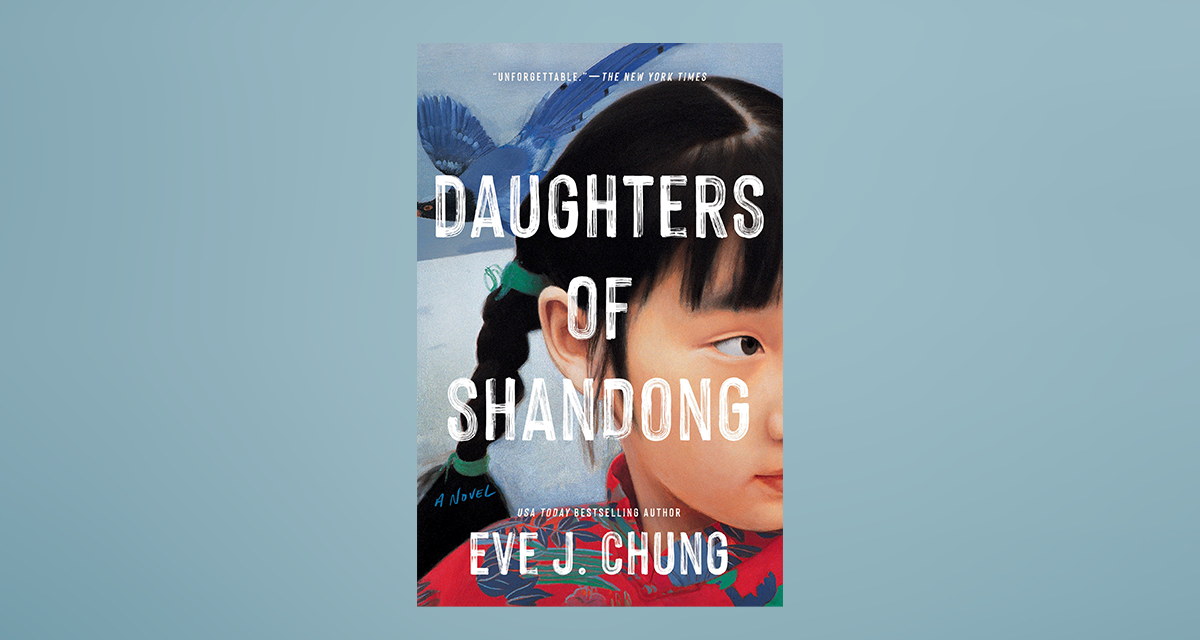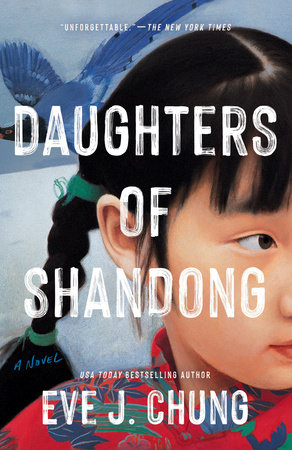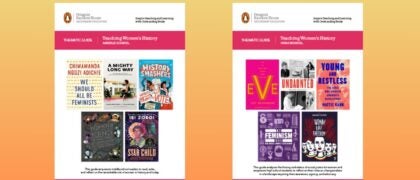Dear Reader,
When I was born, my parents could not afford childcare. So they could make ends meet, they sent me to Taiwan to live with my maternal grandmother, my Puo Puo, while they studied and worked in the United States. She and I developed a special relationship that continued even after I returned to my parents. I was Puo Puo’s favorite grandchild, and she didn’t hesitate to let me know. Her affection for me was especially important given the context of the culture that I grew up in. My father is the eldest son in his family; thus a male heir was eagerly anticipated. Like Hai, the narrator of my novel, I was a disappointment upon birth. Though my parents loved me, it was clear among our extended family that I didn’t matter.
In my paternal grandparents’ house, even though they had twelve grandchildren, there was only a photo of my younger brother. While it bothered me, I was okay—because I had Puo Puo, who always made me feel loved. In my memories, Puo Puo is a joyful, eccentric, and boisterous person. She liked playing practical jokes and getting manicures. We watched hours of competitive billiards together because there was a Taiwanese player who she thought was attractive. Every evening, she watched period dramas while using an infrared heat lamp on her knees. My mom told me that Puo Puo needed heat therapy because the Communists made her kneel on ice for hours. Aside from that detail, I knew nothing about her life in mainland China. I never asked, and I regret that immensely. Puo Puo passed away in 2013, and I haven’t returned to Taiwan since.
Writing this book was a journey for me in many ways. It was a work of passion, but it was also a work of grief. Initially, I had meant only to record a family history for my children. As my mom and I interviewed relatives, however, I realized that there were too many gaps that I couldn’t possibly fill. I pivoted to writing a work of fiction, based on Puo Puo’s story, which became a more ambitious project than I had imagined. I wrote the first draft of Daughters of Shandong in three months. Like a woman possessed, I devoted nearly every free moment to this book, because I was afraid that I wouldn’t finish it if I lost momentum. Most of my manuscript was written on my cell phone while on the subway, at the playground, or as I walked to pick my kids up. Often I had my daughter strapped to my chest, my thumbs tapping madly while I rocked back and forth to keep her content. I’d jot down a single sentence while waiting for the elevator, or while in line at the grocery store, and revise in the evenings, after my children went to sleep.
This book ultimately was a string of tiny desperate steps. Through these words, I processed the loss of my grandmother, and also came to terms with issues that I had struggled with throughout my life. For a long time I resented relatives who continued to perpetuate the idea that boys were superior to girls. As an adult with a better understanding of our family history and the entrenched sexism in our culture, I have been able to focus more on the future than the past. Each generation comes closer to eradicating the harms instilled by our ancestors, which inspires me to continue fighting for change. I am a women’s human rights lawyer. Throughout my career, I have worked to combat torture, contemporary forms of slavery, sexual and gender-based violence, and discriminatory legislation. I love my job, despite the frustrations entailed.
The current global social climate has been difficult for human rights defenders, and even more so for women’s rights advocates. Yet I am eternally an optimist. While the work I do is typically at the national and international levels, I believe that change starts with the individual. It can be nurtured in the family. It can begin with as small a step as changing how we celebrate a particular holiday, or by the words we use to describe ourselves and others. Conscious effort, practiced with consistency, can lead to dramatic results.
What we teach our children shapes our future, and ultimately it is our collective effort that makes a movement. While my book takes place in China and Taiwan, the challenges detailed are common to many cultures around the world. This story is a testament to how one mother can break a harmful cycle and trigger a chain of improvements. I hope that it demonstrates the progress our society has made toward gender equality, while reminding us all that the fight is not yet over. Thank you for taking the time to read this story. I am both honored and touched by your interest in my book, and hope that you will enjoy these pages. I look forward to any thoughts you might have.
With all my thanks,
Eve J. Chung

© Eve J. Chung
Eve J. Chung is a Taiwanese American human rights lawyer focusing on gender equality and women’s rights. She lives in New York with her husband, two children, and two dogs.






